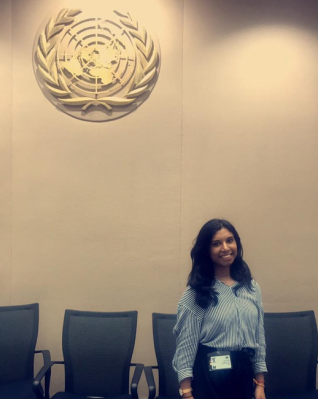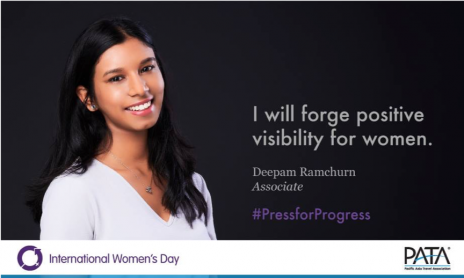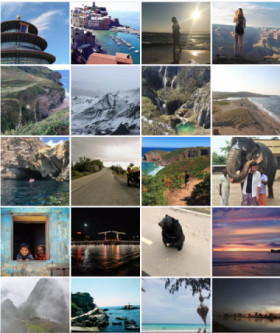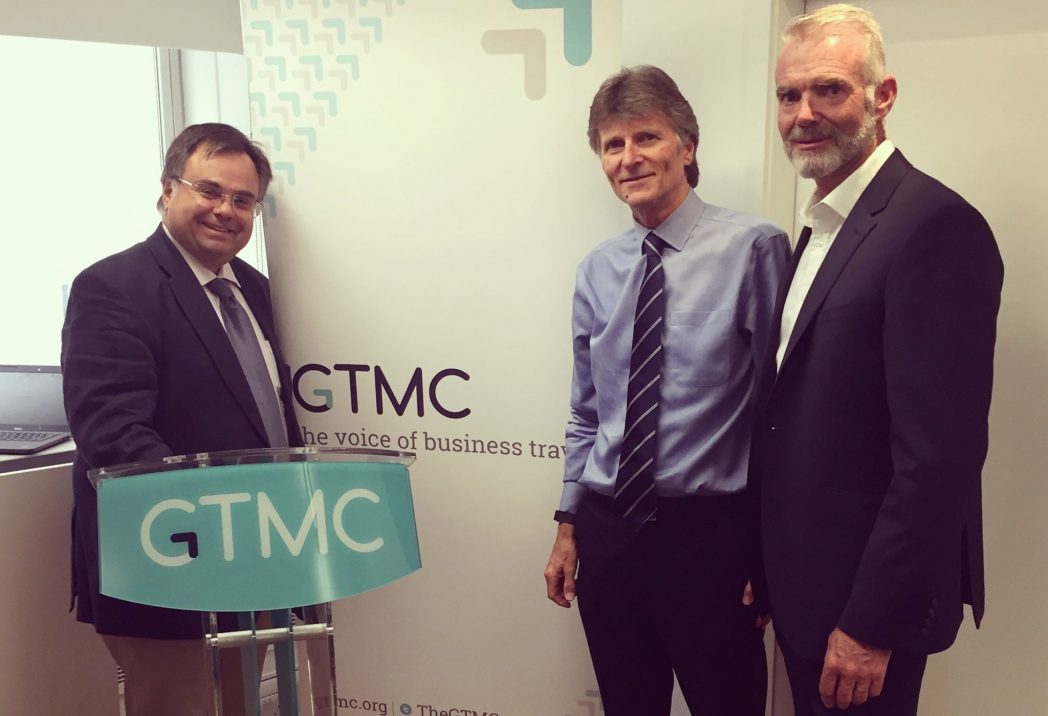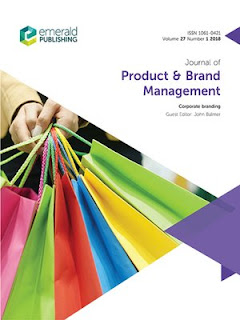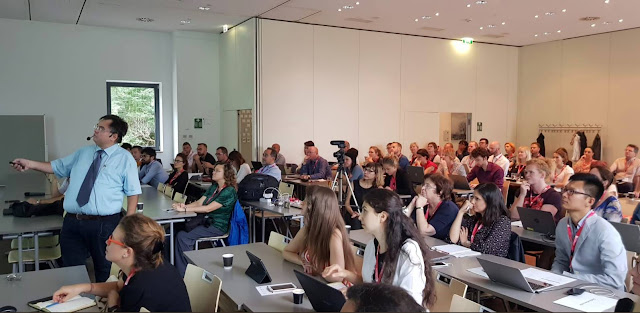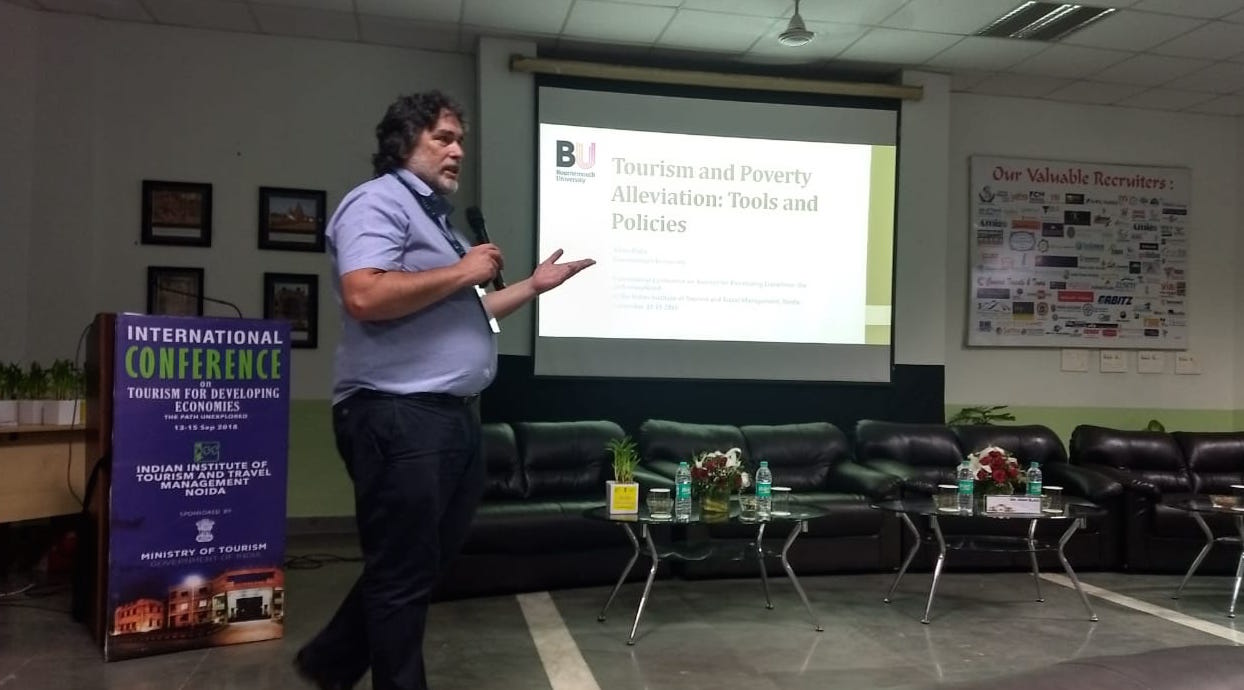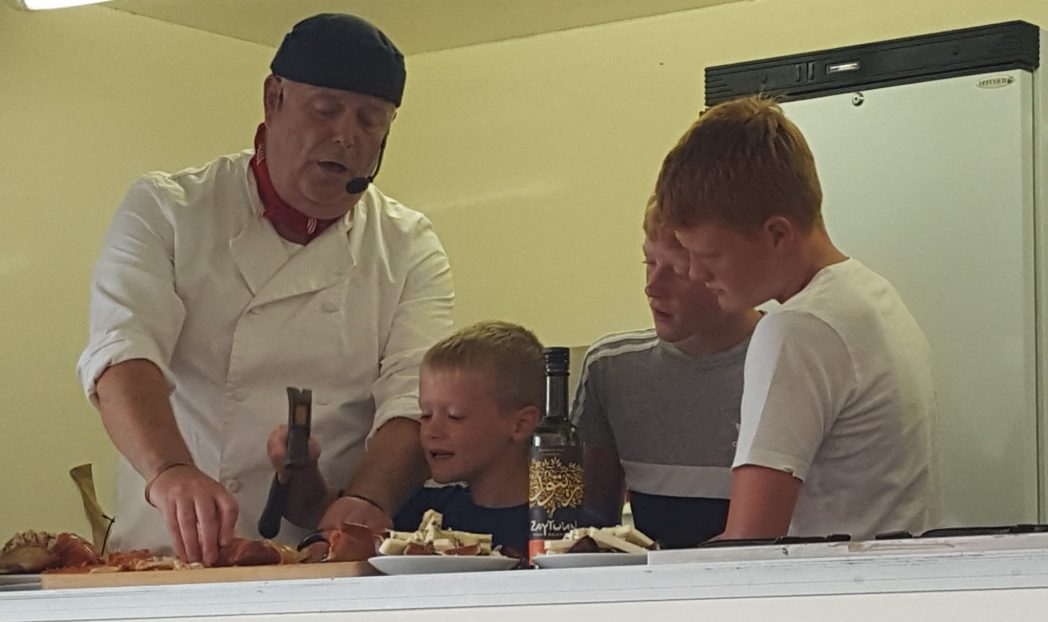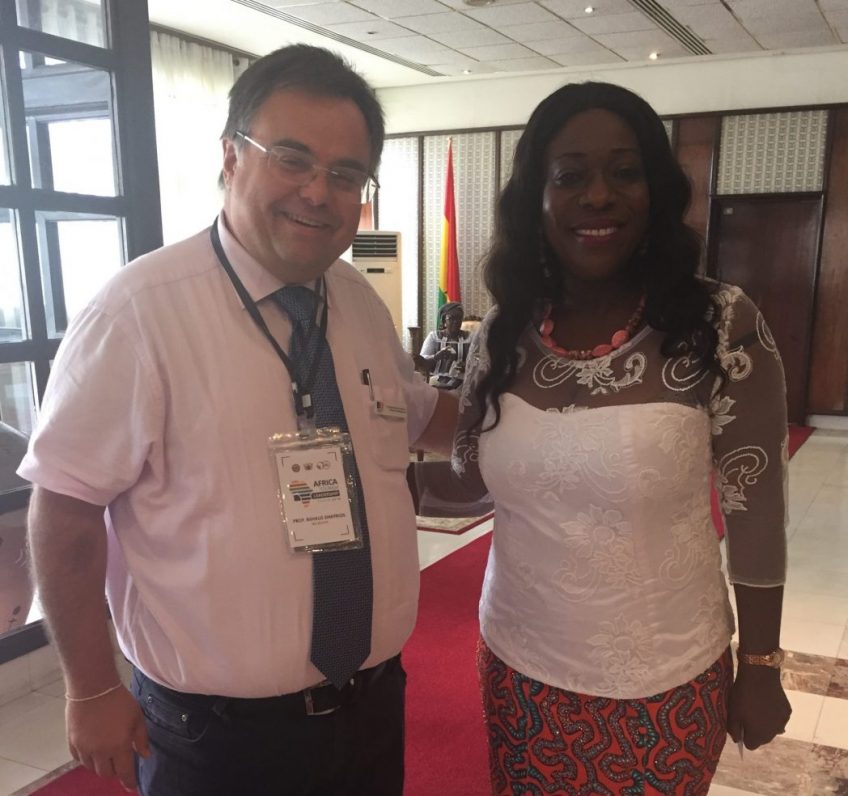Deepam Ramchurn returns to Uni after a Communications and Marketing Internship, Pacific Asia Travel Association (PATA), Bangkok, Thailand
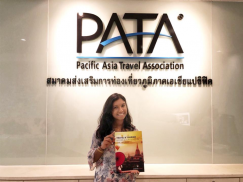
A picture of me at PATA’s HQ in Bangkok with the published report “Travel & Tourism- A Force for Good in the World’
Why did you come to BU? I chose the BA (Hons) Tourism ManagementBournemouth University because the course offered a sandwich option and I was impressed by the connection the university has with some of the companies in the industry.
Why did you choose to do a sandwich placement year? I knew I wanted to go to a university that offered the sandwich option as it would give me the upper hand when I graduate due to the skills I would gain. I couldn’t be more right now that I think of all the experiences I’ve gained whilst on placement. This puts you ahead of the game as you’ll have more to showcase on your CV to employers.
Describe your job role: My role as aCommunications and Marketing Intern, at Pacific Asia Travel Association (PATA), Bangkok has varied. When I first started, I was given the responsibility of posting PATA’s member’s press releases on our website using WordPress as well on our social media account. This was a great opportunity to stay up to date with what was going on within the Tourism industry as the company works with Aviation, Tourism Boards, Hospitality, Travel Agents, Technological firms and more! I also had to update the Global Event Calendar which provides our members all the information they need to know about events occurring within the Travel industry globally. I had the chance to attend one of PATA’s event, Asia Pacific Youth & Sustainable Tourism Workshop and my director had given me the task to take photographs, highlight some of the key points and interviewed some key speakers for a press release.
I managed to work within an interest of mine which is digital media. I had to create and schedule content for the social media accounts using Hootsuite (for Twitter and Linkedin) and Facebook. Furthermore, I became familiar with the software Mailchimp to create EDM (Electronic Direct Mail) for PATA to send to members. I was given the chance to create an EDM on MailChimp to send to subscribers regarding some complimentary tours for an upcoming annual event. We needed to promote them for delegates to attend during the PATA Annual Summit in South Korea. This was a rewarding task for me as I absolutely enjoy doing creative writing and I got to use this skill. My manager praised my writing skills as it’s a different style to how the company usually use. She sent the EDM as I wrote it and didn’t change anything which I was very proud of.
What have been some of the highlights so far? One of the main highlights for me was when I was involved in a project with Uniting Travel, a member of PATA. I never expected this opportunity before commencing my internship and it was very daunting when I thought of the responsibilities I would have. Uniting Travel is a strategic action group and chaired by Gloria Guevara, President & CEO of the World Travel & Tourism Council (WTTC). The project was writing and researching statistics for a report entitled as “Travel & Tourism- A Force for Good in the World’ which presents the benefits that Travel & Tourism brings to the economy and society. This was a very challenging yet fulfilling task mainly because I was working alone under the supervision of a manager and I had a very tight deadline to meet. I had to ensure that all the statistics were the same as other organisations or report stated. This was the association’s first publication and was presented at the 18th WTTC 2018 Global Summit in Argentina.
What has been the greatest challenge this year?
I was never good at my time management and organisational skills, it was always a struggle during the exam period. However, working at PATA has enabled me to structure my work according to a checklist as workload increased. I could definitely see the benefit of checking tasks off my checklist as I was more productive and efficient. I have bought that skill with me during my final year at university as I organise myself with my studies.
I was based in Bangkok for the duration of the placement and it was a challenge as it was my first time travelling alone in Asia. I was worried I wouldn’t be able to adapt to the environment however the local people are so lovely I felt at comfort. I also made some life-long friends who come from different backgrounds and countries and we had the chance to discover Thailand!
Has the experience so far helped you to learn more about what you want to do in the future?
Yes, I’m more certain of what type of job I would like to do after I graduate which is Digital Content Marketing within the tourism industry. This experience has taught me what marketing in general consist of, however, I know what I need to learn now in order to secure the job I want.
Any regrets in taking a placement year?
Absolutely not! It has changed me personally and professionally and I couldn’t be more ready for the working world.
